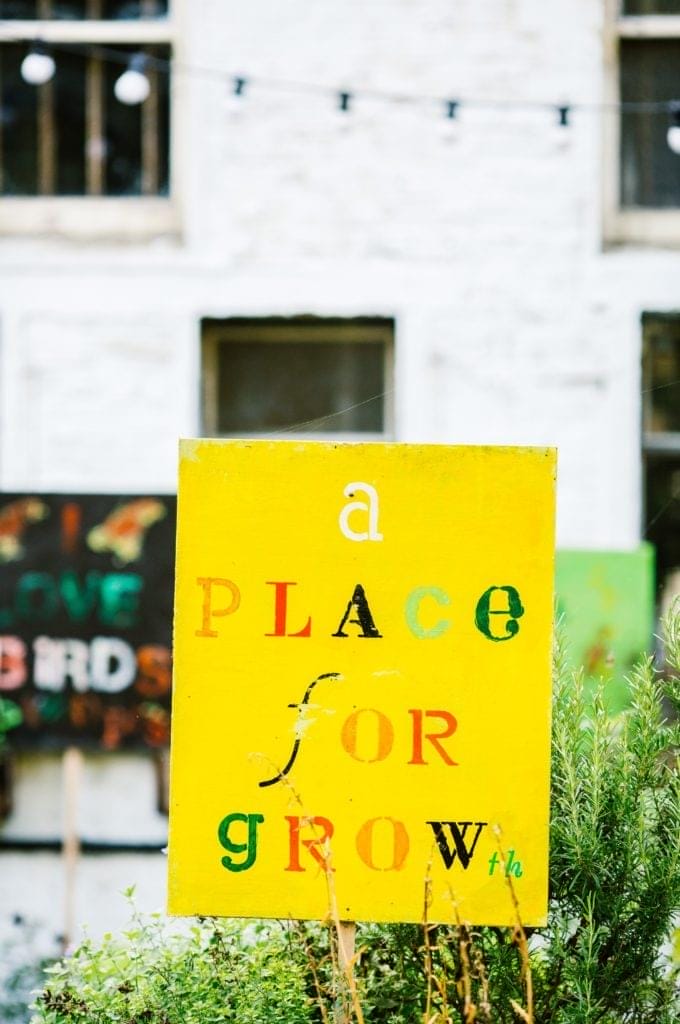Why is it that the most disadvantaged young people in our society are least able to access support when they need it and on their terms? This is the question MAC-UK have been seeking to answer over the last decade, working with young people to remodel mental health services and them out to the streets.
On Monday MAC-UK convened young people, mental health practitioners, civil servants and politicians to share their recent evaluation of three of their pioneering projects. The Centre for Mental Health studied the approach over three years, finding that MAC-UK’s co-produced approach “INTEGRATE” brought about notable improvements in many of the young people’s mental health over time.
All three projects were very successful in engaging groups of marginalised young people at risk of offending. Young people distinguished their experience of the projects from that of other services, describing staff as non-judgemental and accepting. The projects increased mental health awareness and reduced stigma. They were also successful in bringing young people into education, employment and training, in one situation from 43% to 74% [1]. And the projects had a lasting effect on other local services, for example by linking up mental health and youth services and encouraging greater co-production between services and the young people they aim to support. This fundamental attitude change, moving from helper to helped to support based around mutual accountability, was reflected in the report’s title: “Meeting us where we’re at”.
“Our goal at MAC-UK is to transform mental health services for excluded young people” explains Sinem Cakir from MAC-UK. “we recognise that many excluded young people find it difficult to seek help. This briefing paper highlights INTEGRATE’s unique aspects of co-production, peer leadership and asset based working, which allow young people to gain a sense of ownership and agency. By taking mental health to the streets, MAC-UK is meeting young people where they’re at, allowing them to seek help from trusted professionals, in safe and non-stigmatised environments. This is mental health service design fit for the 21st century and we are delighted that the Centre for Mental Health’s briefing paper shines a spotlight on an approach that all services could take to meet the needs of excluded groups.”
The INTEGRATE approach is characterised by engaging young people through activities that they set up themselves and getting referrals through peers and friends. Psychological therapies are offered as part of the activity of the projects alongside help with practical problems such as housing, money and work. And the projects seek to ‘bridge’ young people out to other local services and bring about change in local communities more widely.
On reflection, the event this week was just the start of the work. The “Meeting Us Where We’re At” evaluation celebrates the many successes of the INTEGRATE approach and points to how systems can change and become more effective by working with those who are accessing different services. But MAC-UK as an organisation knows that the way to achieve systems change is not for its organisation alone to scale. Instead they are working with partners across the UK to see how key elements of INTEGRATE can be adopted to by others to lead to replication of the approach widescale change.
In working in this way, MAC-UK is tackling one of the central challenges in the complex field of support – how do you scale an approach rather than an intervention or an organisation?
The briefing paper is available for download at www.mac-uk.org.
1. www.centreformentalhealth.org.uk/meeting-us-where-were-at



Comments (0)